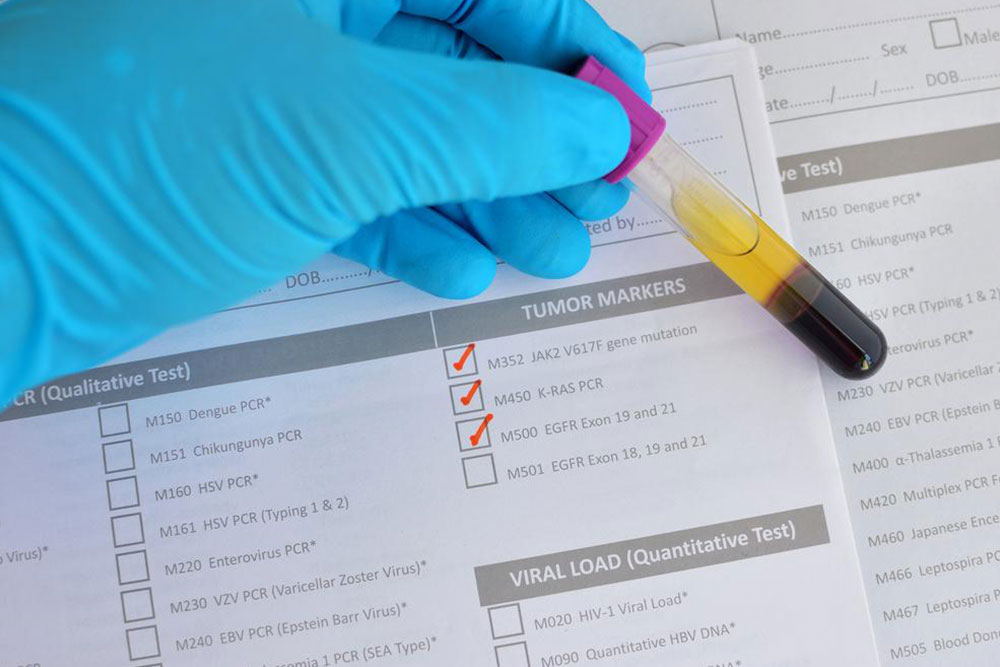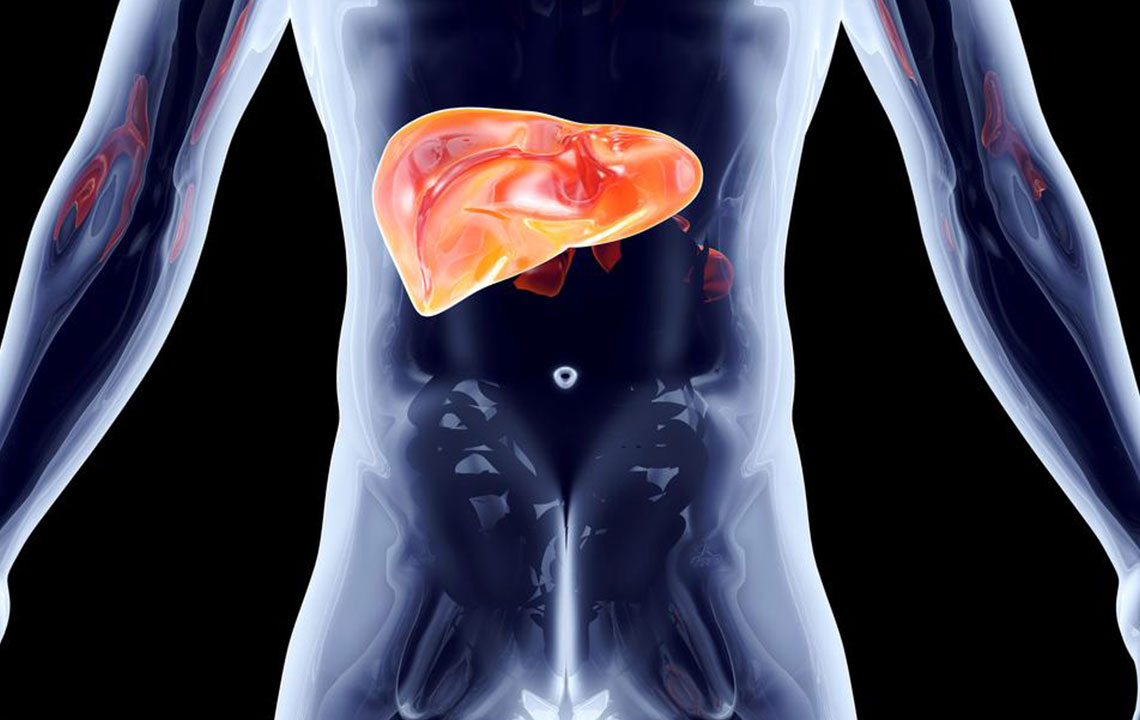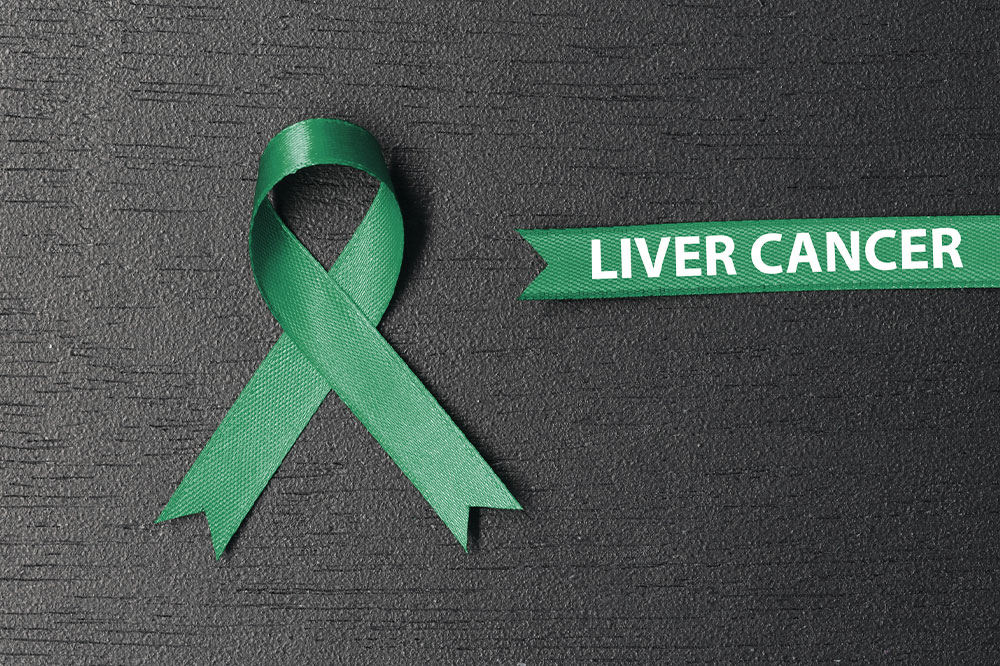In-Depth Overview of Liver Health Disorders and Their Treatment Strategies
This comprehensive guide explores liver health, detailing common liver diseases, their symptoms, and modern treatment approaches. It emphasizes early diagnosis, lifestyle modifications, and medical interventions like transplantation. Stay informed to protect and improve your liver health with insights on prevention and care strategies.

Comprehensive Understanding of Liver Diseases and Modern Treatment Options
The liver, one of the most crucial organs in the human body, plays an indispensable role in maintaining overall health. It is responsible for a multitude of vital functions, including detoxifying harmful substances, producing essential proteins, aiding digestion through the synthesis of bile, and regulating hormone levels. Because of its strategic position and diverse functions, the liver is especially vulnerable to a variety of health conditions that can significantly impair its functioning and, consequently, impact the body’s overall well-being.
Major liver diseases and their implications:
Hepatitis, an inflammatory condition caused by viral infections, which can lead to chronic liver damage if not properly managed.
Hepatic encephalopathy, a serious neurological disorder resulting from the accumulation of toxins in the bloodstream due to liver dysfunction.
Excessive alcohol consumption is a leading cause of liver conditions such as fatty liver, alcoholic hepatitis, and cirrhosis.
Use of certain medications and drugs can lead to liver damage when used improperly or over extended periods.
Autoimmune liver diseases like biliary cirrhosis, where the immune system attacks liver tissues, causing progressive damage.
Identifying liver problems: signs and symptoms:
Changes in stool color, often turning pale or clay-colored, resulting from decreased bilirubin processing.
Darkened urine compared to normal yellowish hue, indicating bilirubin buildup.
Jaundice, characterized by yellowing of the skin and eyes, commonly accompanied by pruritus (itching), signaling significant liver impairment.
Itching caused by bilirubin deposits in the skin that often resist relief from typical medications.
Abdominal swelling, including ascites, along with swelling in the feet and ankles (edema).
Persistent tiredness, easy bruising, abdominal pain, and general malaise point toward liver suffering.
Treatment options for liver disorders:
Early detection of liver illnesses is critical in managing and treating these conditions effectively. Mild liver issues may only require supportive measures such as lifestyle modifications, dietary adjustments, and medications like acetaminophen for pain and inflammation. In some cases, high doses of specific medications can reverse early liver damage, especially when caught promptly.
For more severe or progressing diseases, comprehensive interventions are necessary. Alcohol-related liver conditions necessitate complete abstinence from alcohol, coupled with psychological counseling and support groups to prevent relapse. When liver damage becomes advanced, medical intervention might include liver transplantation, which remains the definitive solution for end-stage liver failure. However, transplantation involves lengthy waiting periods, extensive pre-transplant assessments, and challenging post-operative recovery processes.
In the context of acute liver failure, immediate medical management is crucial. Supportive hospital care, medications to reverse poisoning or drug overdoses, and advanced procedures like plasma exchange can temporarily stabilize patients. But if the damage is irreparable, a liver transplant becomes unavoidable to save the patient's life.
In addition to conventional treatments, research continues into novel therapies such as regenerative medicine, stem cell therapy, and targeted pharmaceuticals to better manage liver diseases. Lifestyle factors, including balanced nutrition, avoiding hepatotoxic substances, and regular health screenings, are essential in maintaining liver health and preventing diseases.
Understanding liver health, recognizing early signs, and seeking timely medical intervention can vastly improve outcomes for individuals suffering from liver disorders. Awareness programs and health education empower individuals to adopt healthier lifestyles and undergo regular screenings, thereby reducing the burden of liver-related diseases globally.





